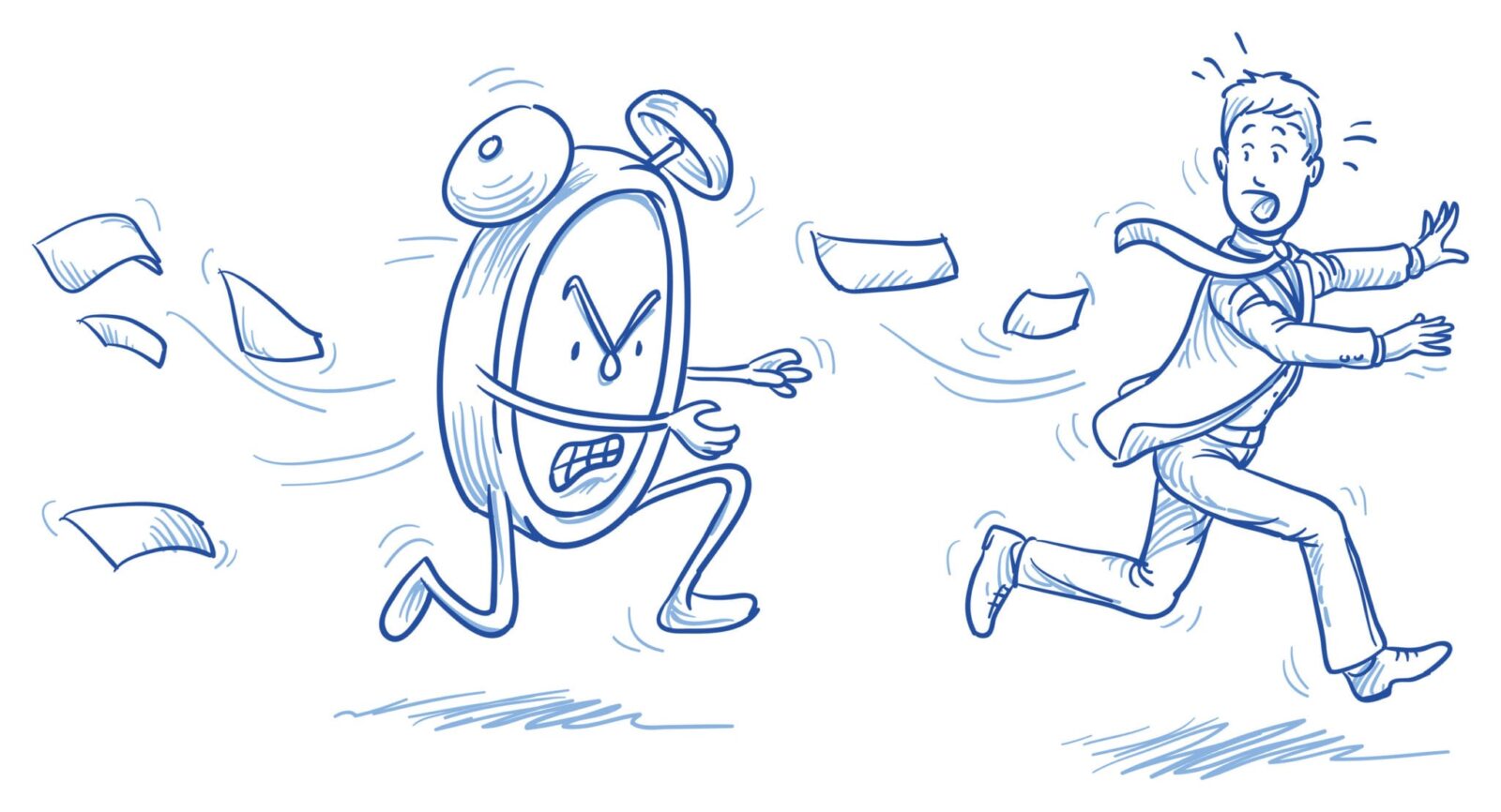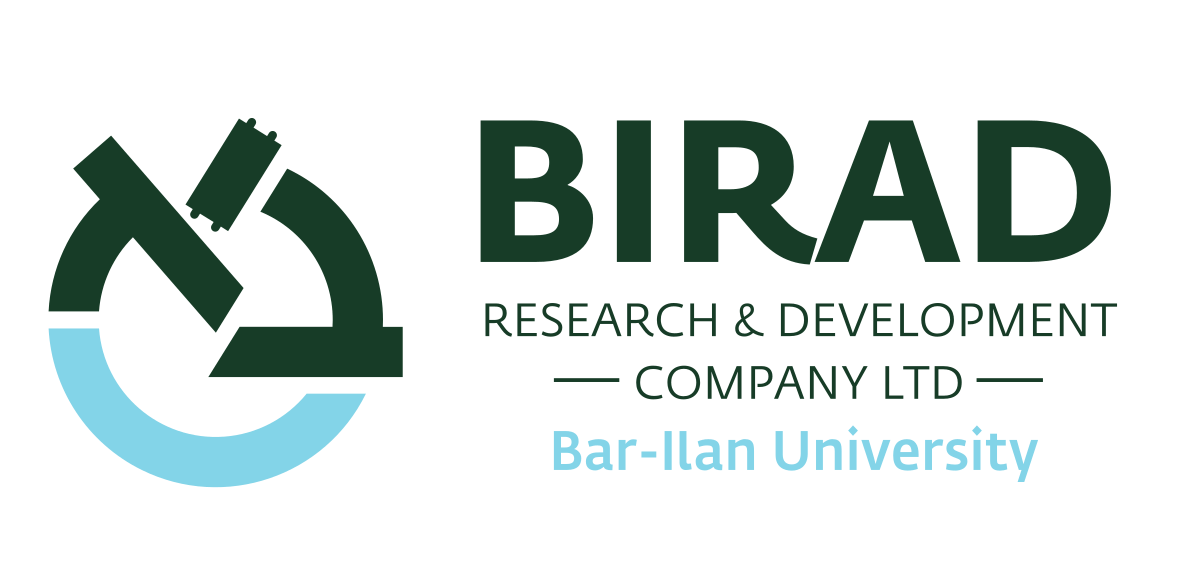Working in Situations of Uncertainty and Lack of Control

One of the more interesting topics in the discussion of the dialogue between the emotional world and business entrepreneurship, management and leadership is working in uncertain and unclear conditions. At the same time, there is also the challenging field of working in, or managing, situations we have no control over. There are, of course, people who such situations of uncertainty and no control can paralyze and render them helpless and incapable of doing anything. As opposed to that, there are people who thrive in such situations and are driven to bring out their best.
However, the question remains, can a person (whether a manager, a head of family, an engineer or doctor) always have full control over their personal and professional lives? Does the person always have full and comprehensive information about everything that happens at any given moment at every point that touches on their activities? Of course not. The world we live in changes constantly and the great availability of information floods us with data and turns some people into professional data filters. At the same time, the modern world often brings us a very high level of uncertainty. If in the beginning of 2008 we had told the employees of Lehman Brothers or AIG that the companies they worked for would fall apart towards the end of Q3 they would have been certain that we were joking.
There is almost no place or context that is free of change, free of innovation and that holds complete certainty about everything. In my personal opinion, such a world does not exist. But, there are people who would rather work in an organized, safe workplace, where the hours are steady and the paycheck comes in regularly. They prefer that to a slightly higher (or even a much higher) income that doesn’t offer financial security.
As opposed to this type of person, others enjoy, get excited by, and are even addicted to, the combination of uncertainty and lack of control over situations. For these people (some of whom definitely would meet the criteria for entrepreneurs) – the security of working in a large and organized company is not at all appealing. Their ability to grow and flourish is expressed best in situations of uncertainty and in total lack of control over events and developments, typical of any field of entrepreneurship.
The main question still remaining is how to function in situations of uncertainty. How does the individual person function in uncertainty, how does this person’s family handle such a situation, how does the department at this person’s place of work handle it or even how does the entire organization?
In situations of uncertainty different people act and behave in different ways. Some are at their best (and we will need to elaborate on this), and some function very poorly. This can be manifest as hesitation, lack of self-confidence, changing decisions hastily, making decisions that were not thought through properly or decisions that were over thought. We can assume though that the way people function in situations of uncertainty can also be changed and that practicing, training, or a more comprehensive early preparation, will significantly improve the results that a private person or manager will achieve.
This suggests a very important question regarding the behavioural repertoire of people, organizations, groups or firms, when faced with situations of uncertainty. If such a repertoire does not exist and there is only a single pattern of operation, then most of the real situations will be handled in the same way. However, in a changing reality, it is best to have the ability to present a changing behavioural system – such a system that enables reaction to most real situations as if they were regular and routine, even if they appear suddenly or at a very low frequency. The most tangible example is from the field of medicine. Patients expect to receive the best and most professional care from their doctors even if the diagnosed illness is very rare and or if the required medical procedure is performed very rarely. This means that a doctor’s behavioural repertoire must include the ability to treat any illness as if it were common, well known, and familiar. Functioning in situations of uncertainty or low frequency must be as professional and effective as if they were totally routine events.

Recent Comments